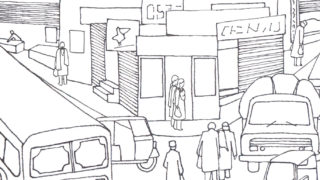
Guernica
Economy

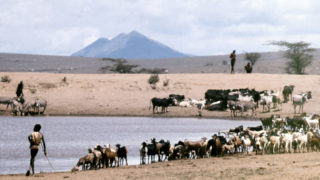
What Runs Beneath

Bad Birds in Quarantine
No-Signal Area

A Ride Along the Front Lines of the Brazilian Truckers’ Strike


Bolivia’s Quest to Spread the Gospel of Coca
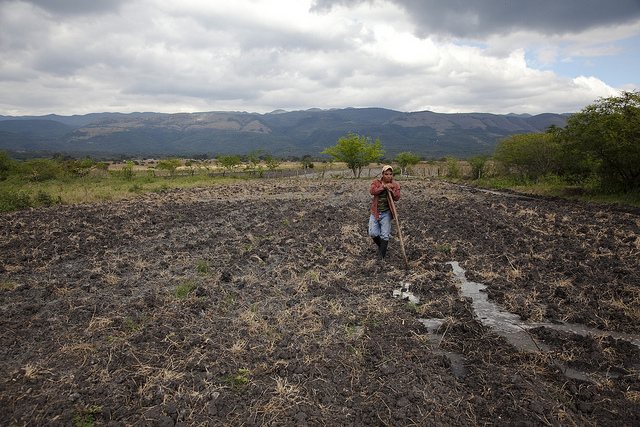
A Far Cry from Van Gogh
Seasonal agricultural workers in France face more challenges than ever before.


Green Thumbs in the Motor City
Boundaries of Nature: Huge swaths of Detroit have been surrendered to the wild. What happens when we try to take them back?
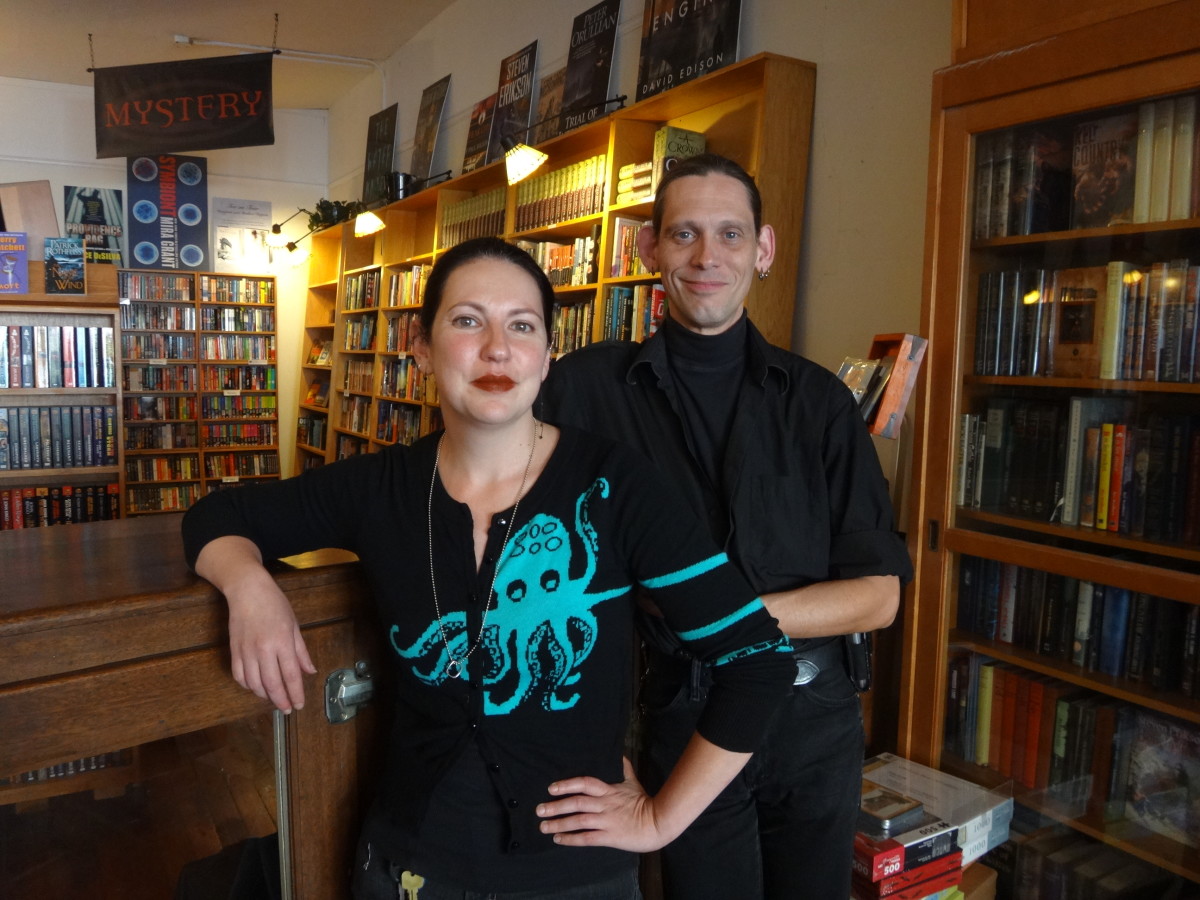
How To Save A Bookstore
A small bookstore pilots a new business model to stay afloat. Will it work?
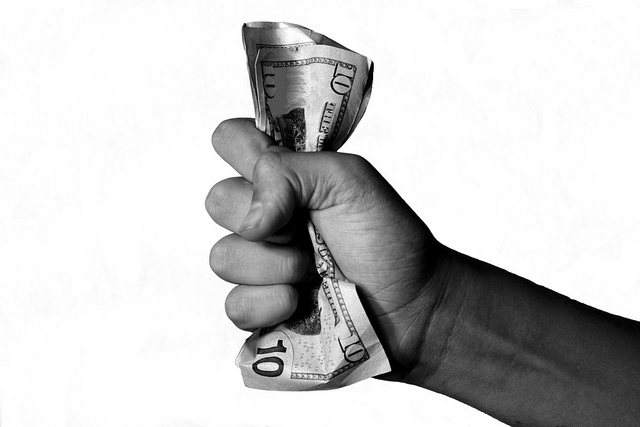

On the 50th Anniversary of Singapore’s Independence
Singapore may be one of the world’s leading financial centers, but is governing against ideology risky business for democracy?


#Caravana43 in North Carolina
How the Ayotzinapa case is sparking a movement in the South.
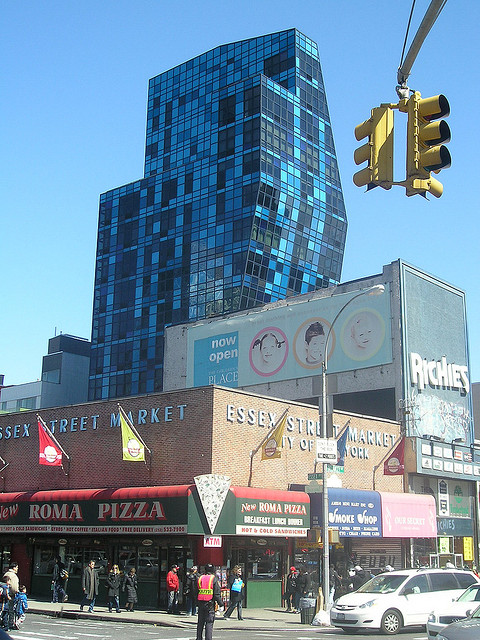
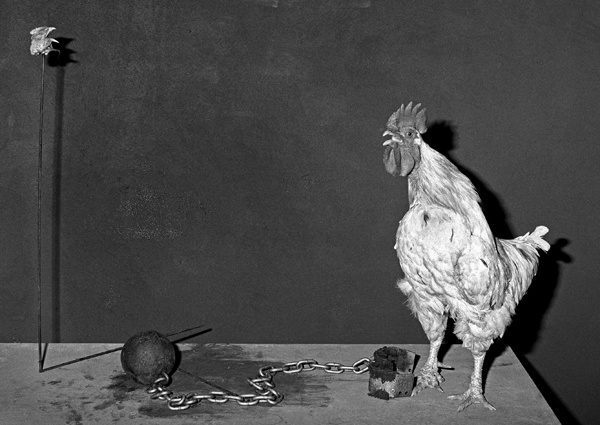
The Chicken Competition
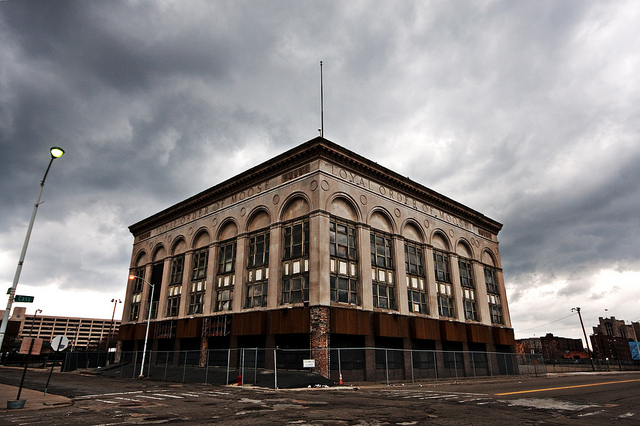
Detroit on $1 Million a Day
A response to Ben Austen's "Detroit Through Rose-Colored Glasses."

Grace Lee Boggs: Small Rebellions
The civil rights icon on Detroit, the limits of protest organizing, and what she’s learned over seven decades of activism.

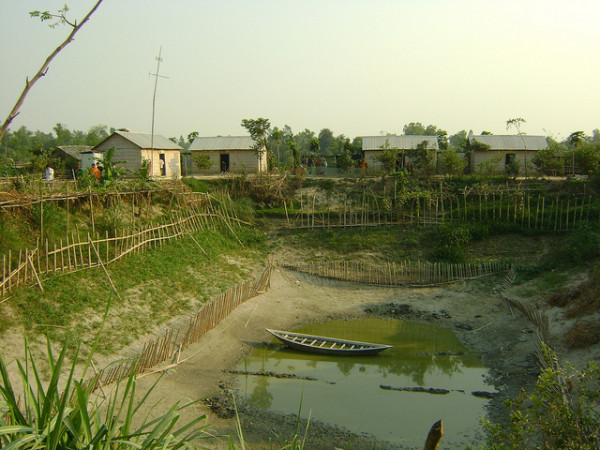
Capitalizing on Climate Change
On McKenzie Funk’s Windfall, The Booming Business of Global Warming.

You Can’t Tell the Truth
We talk about leaving here as if / it’s walking out a door.

In the Land of the Heavy Lifting
What the Elk River contamination tells us about a fading West Virginian mythos and the new meaning of Coal Country.

How Community Design Helps or Hinders the Health of the Commons
Aspiring to that proverbial cup of sugar borrowed from a neighbor.

Agora-phobia
Creative resistance, via public art, in an age of pessimism and a city of commerce.
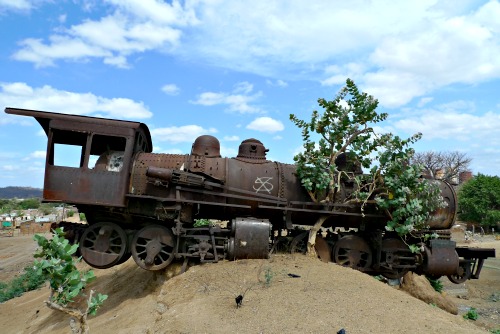
Mozambique’s Mining Boomtown
The discovery of a massive coal basin in Mozambique has kicked up a frenzy of investment, but this steroidal economy comes with a cost.
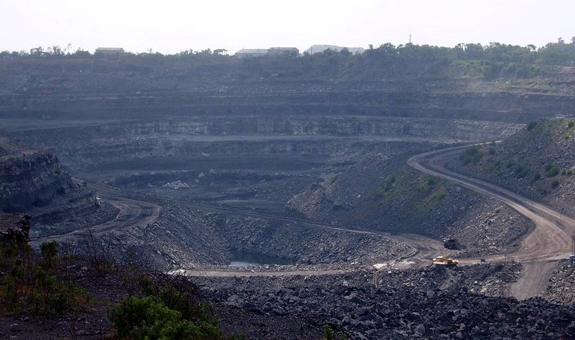
We Call This Progress
From a speech at the Earth at Risk conference, Roy on the misuses of democracy and the revolutionary power of exclusion.

It’s Inequality, Stupid
Income inequality is one of the most pressing issues facing the country, but you wouldn't know it from watching the RNC in Tampa.
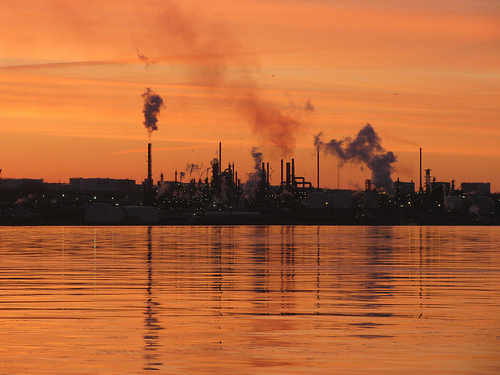
Mission Accomplished for Big Oil?
How an American disaster paved the way for Big Oil's rise—and possible fall—in Iraq.

Snowball’s Chance, Ten Years Later
A decade after John Reed's Orwell parody was released, it still feels current, and, perhaps, even more relevant than before.

The Five-Star Occupation
Is Ramallah’s economic boom a sign of progress or surrender?
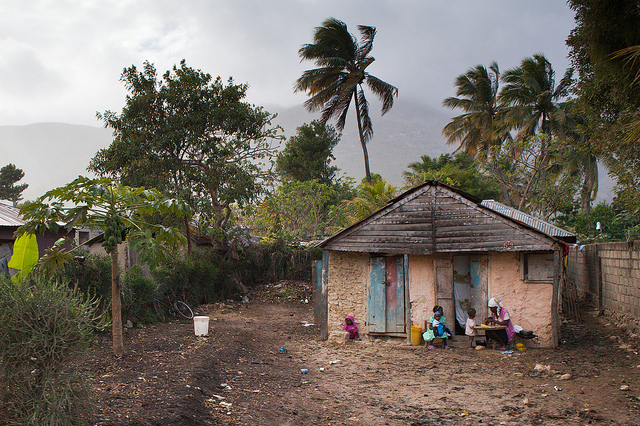
Haiti’s Gold Rush
Riches beckon from beneath Haiti’s hills, and mining companies are hoping to lock in huge tax breaks to get at them.
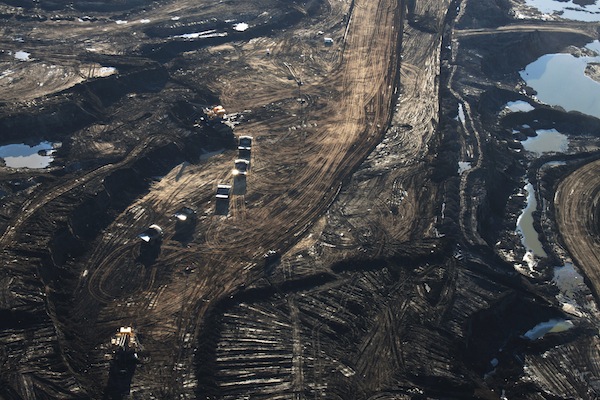
Postcard from Tar-Sands Country
The rush to mine Canada’s bitumen deposits has created modern-day boomtowns. This summer one of them lost its oldest bar.
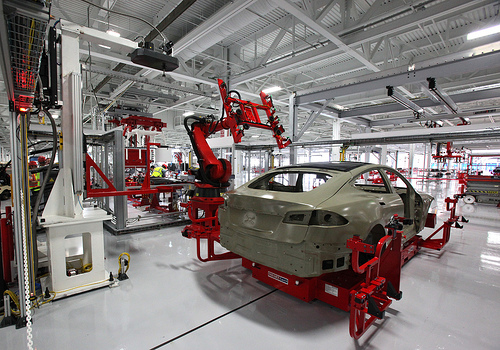
The Problem Isn’t Outsourcing
Outsourcing isn't our problem, it's that the needs of American businesses are disconnected from the needs of Americans.
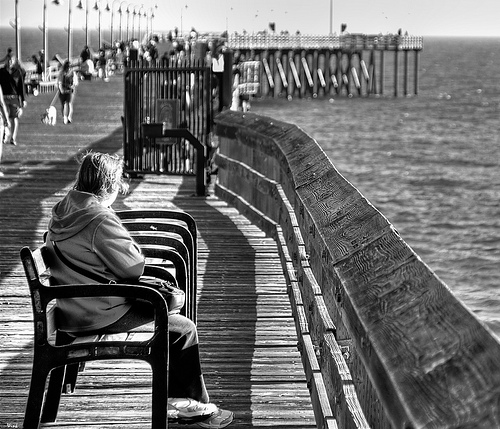
Catch and Release
When confronted with homelessness, it's much too easy to look the other way.

Dimon in the Rough
Banks don't want Dodd-Frank regulations extended to their foreign branches and overseas subsidiaries. Should we listen?
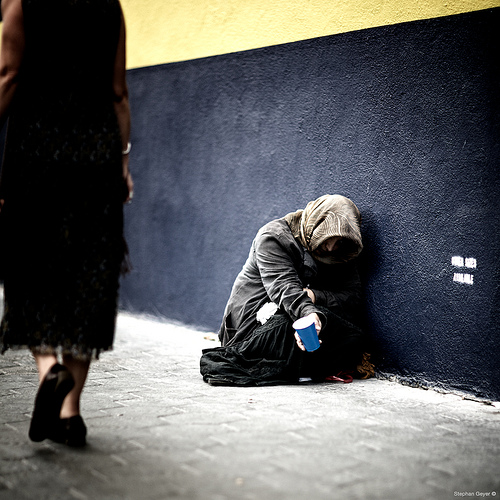
Preying on the Poor
The government spends a great deal of money on programs and services for the benefit of the poor. So why is it also, in tandem with corporations, robbing them blind?

A Line in the Sand
With foreign companies amassing higher stakes and a greater presence in the Iraqi oil business, Greg Muttitt traces the rise of Production Sharing
Agreements (PSAs) and its effects on Iraqi sovereignty.

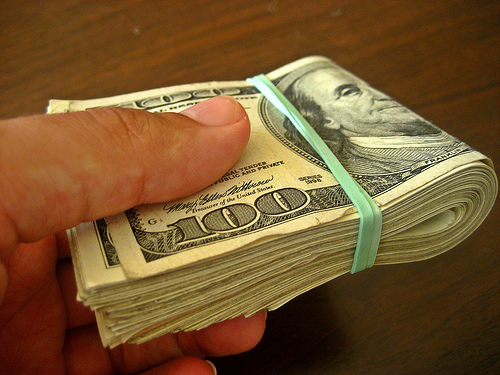
Why the Economy is Heading for a Stall
It's a bad idea to enact cuts in government spending right when consumers can't spend more.

Michael Sandel: What Money Can’t Buy
Michael Sandel on a society where everything could be up for sale.
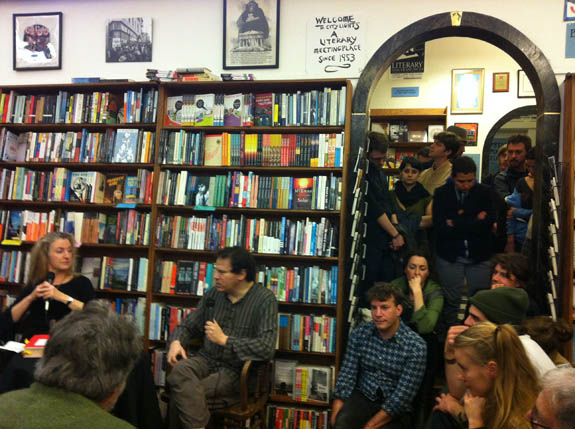
David Graeber: Beholden
Rebecca Solnit and David Graeber on anarchism as a problem-solving tool, the return of debtors' prisons, and why communism is ingrained in capitalism
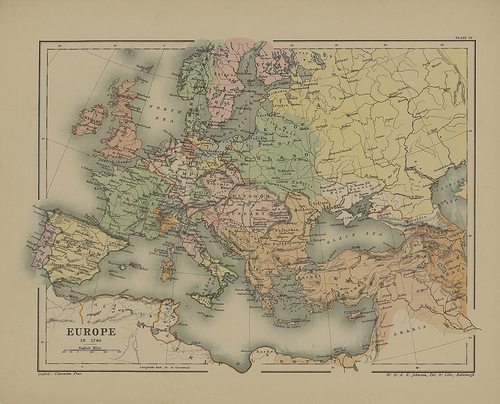
After Me, The Flood
Our economy’s death cycle has a very famous historical parallel: the lead-up to the French revolution.
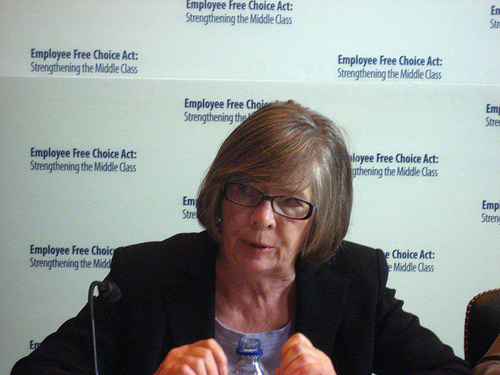
Rediscovering Poverty
How we cured the “culture of poverty” but not culture itself.
Thank you, Asghar Farhadi

Okupa México

How a Little Bit of Good Economic News Can Be Bad for the President

The Decline of the Public Good
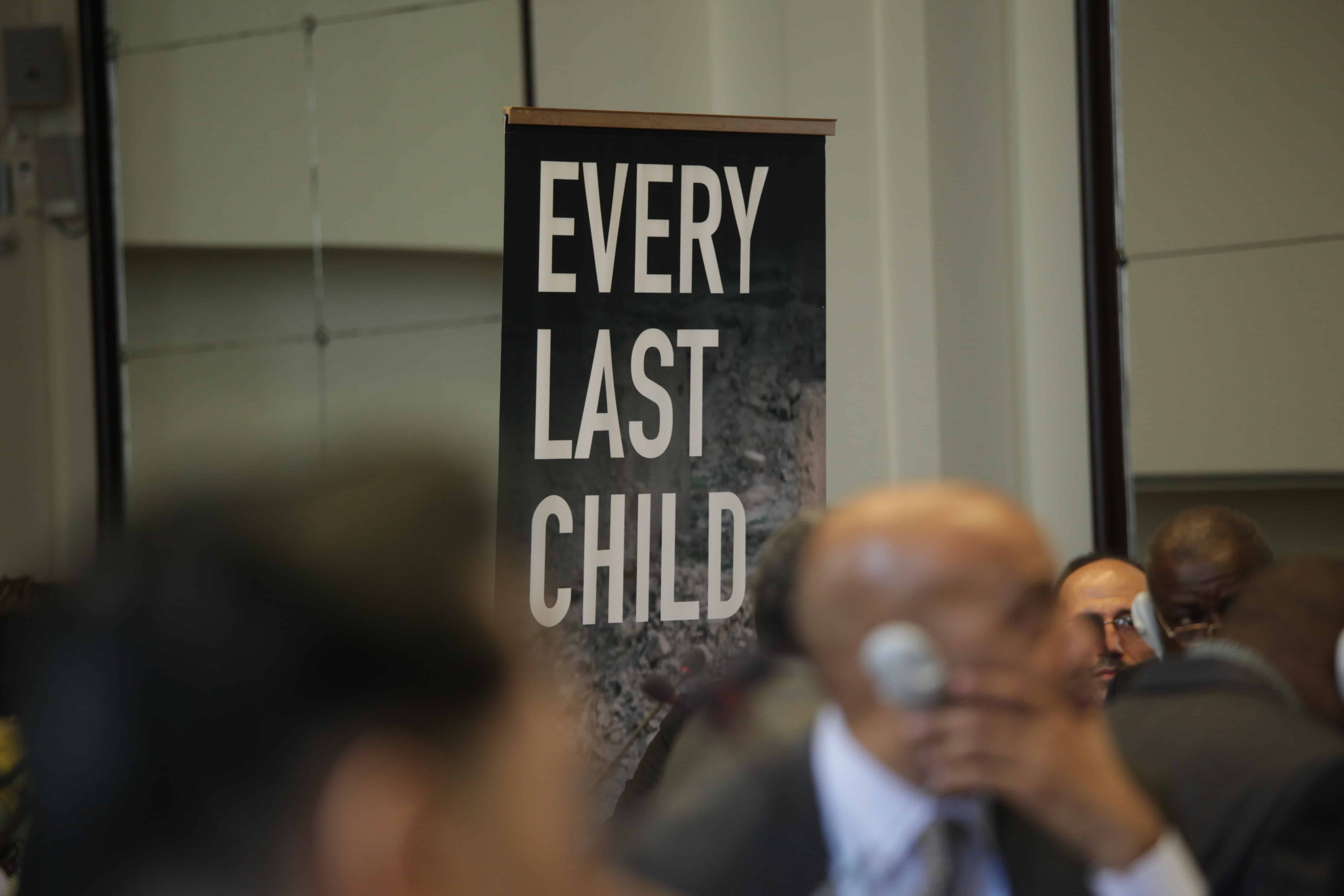
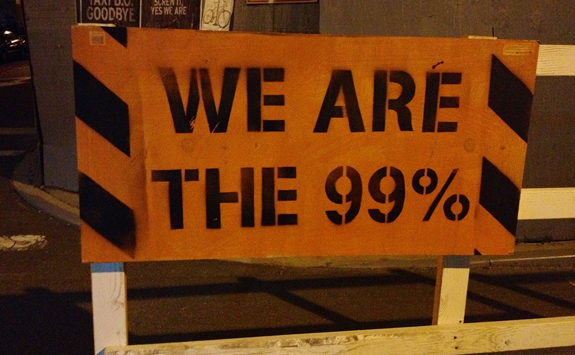
The Defining Issue
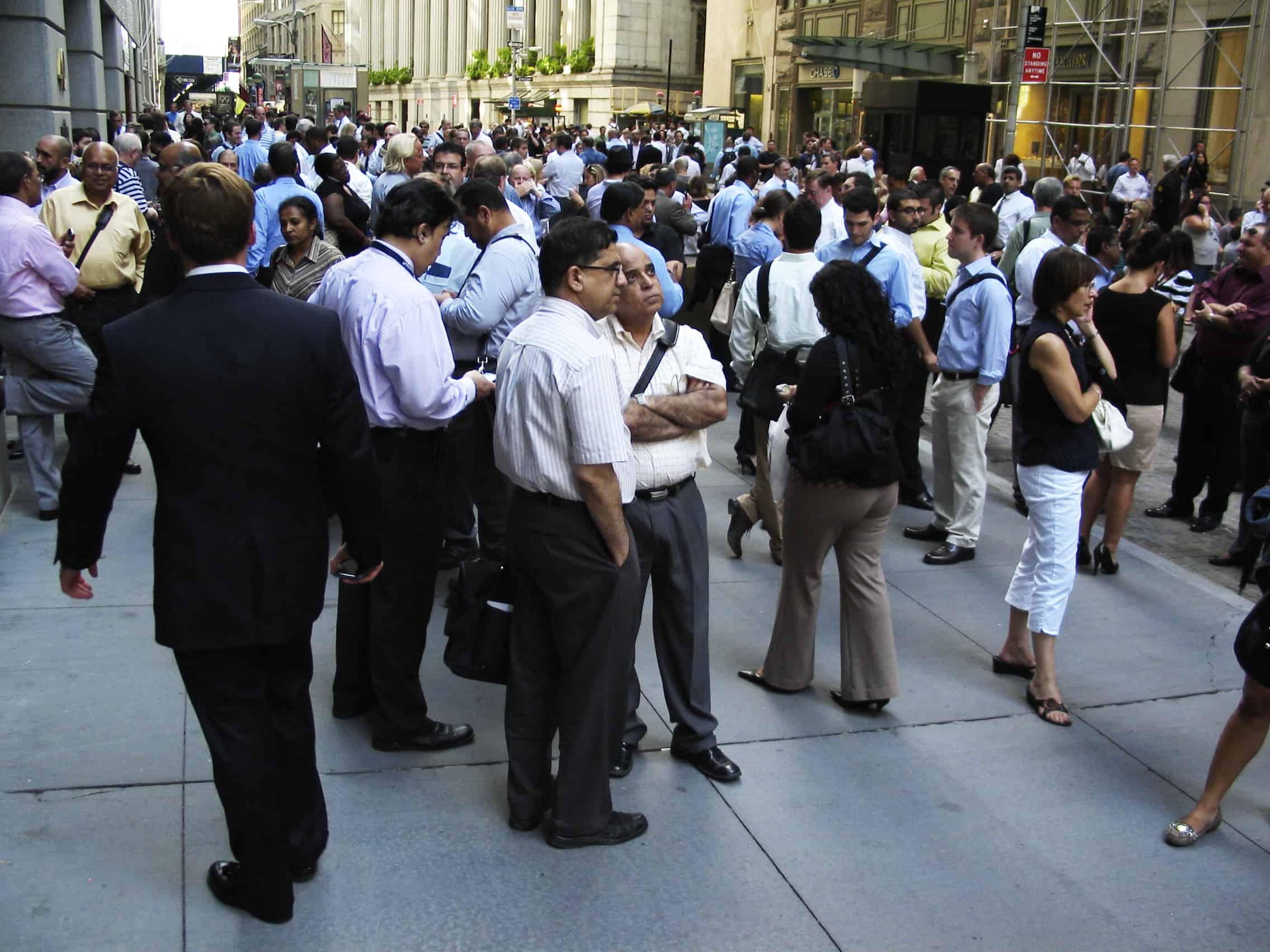
The Remarkable Political Stupidity of the Street
The 1% Election: Their Bread, Our Circus

The Jobs Report: Don’t Break Out the Champagne
Show, Don’t Tell

Occupy Wall Street’s Political Victory in Ohio
Occupy Wall Street’s Eviction

Occupiers Occupied

Trigger Happy

Washington, Pre-Occupied
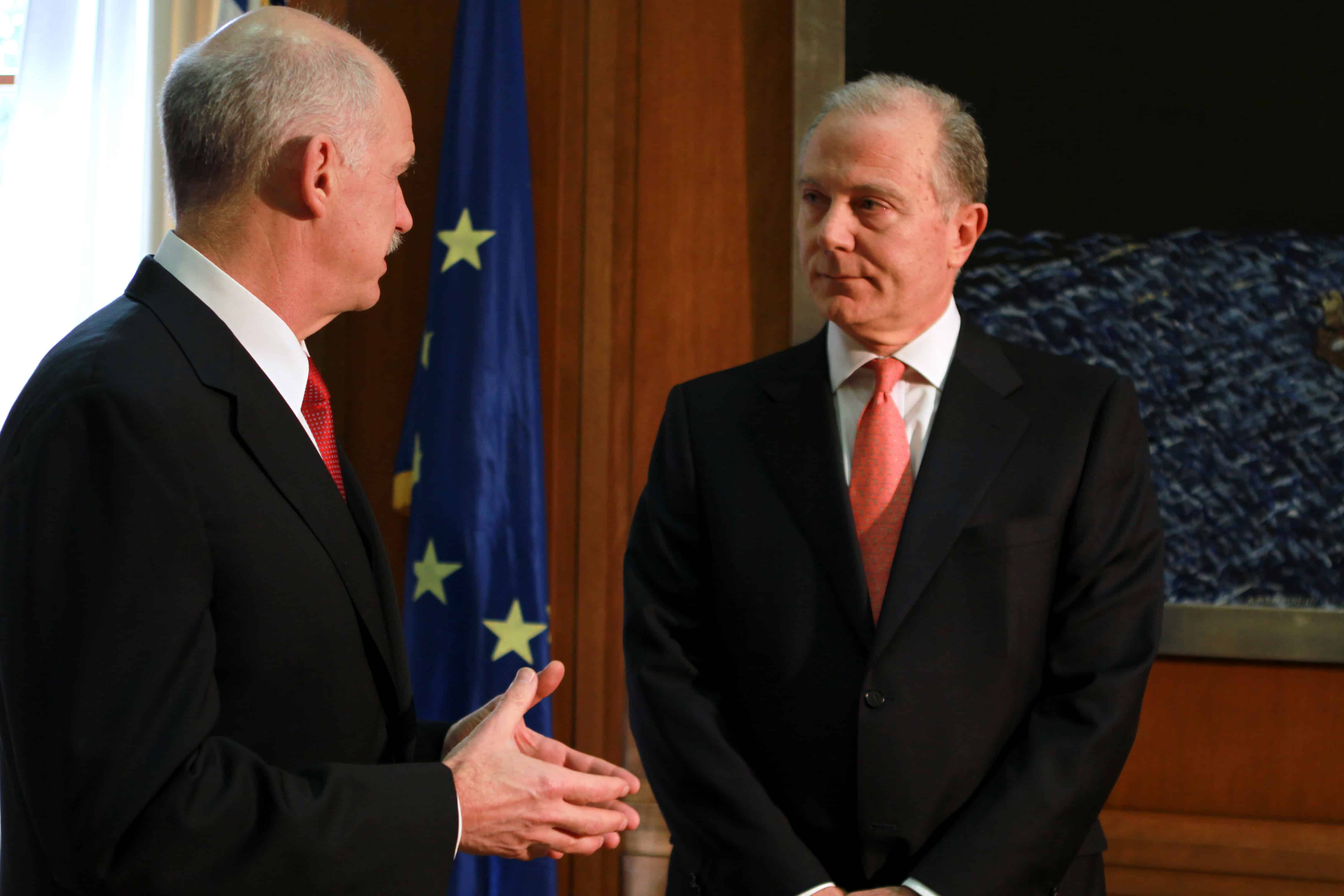
Greece’s Choice—and Ours: Democracy or Finance?
Town Crier Michael Lewis Travels the New Third World

The Eternal Politics of Debt and Forgiveness

The All-American Occupation: A Century of Our Streets Vs. Wall Street
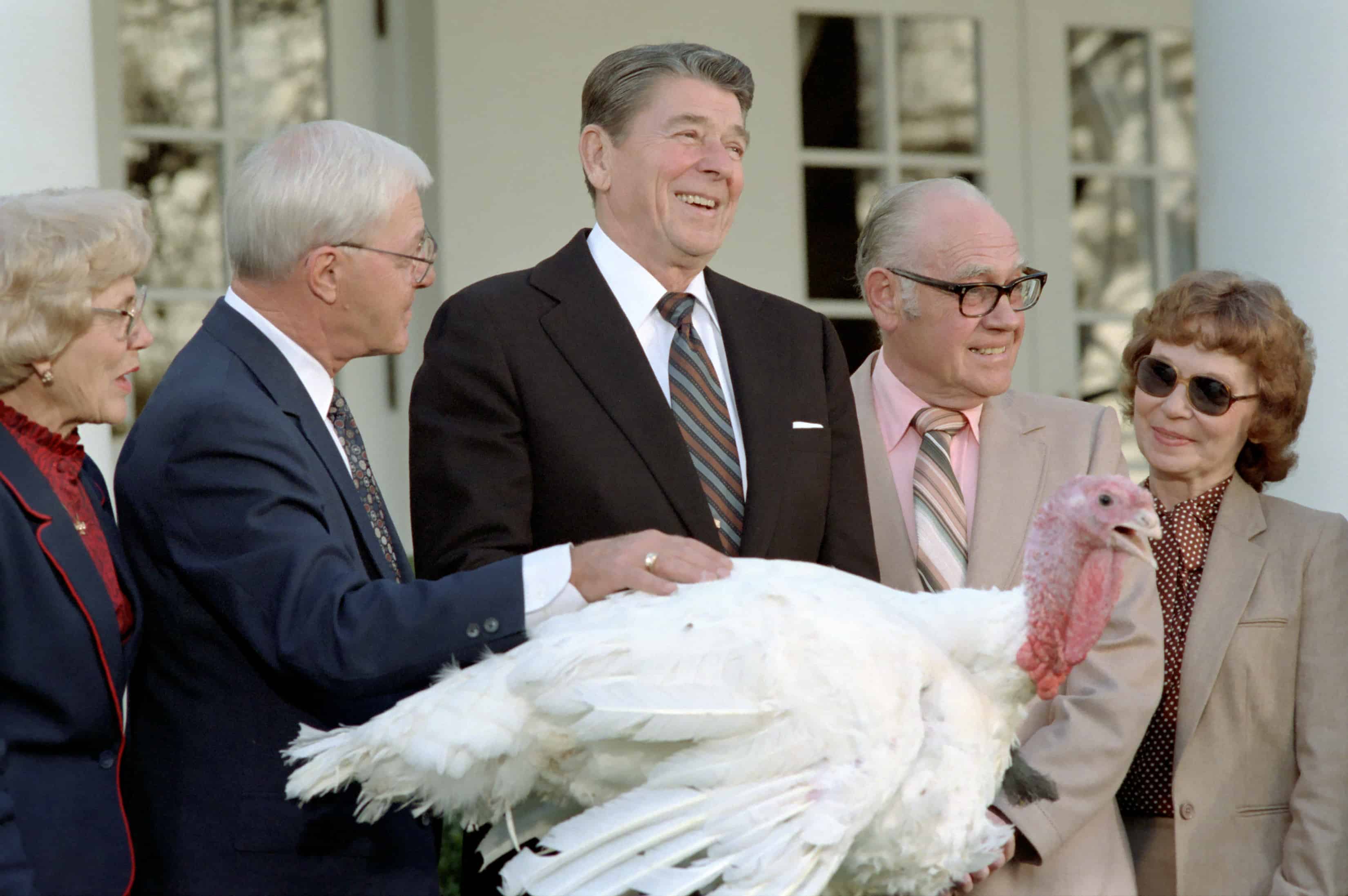
5 Republican Talking Points on the Economy Quickly Exploded
The American Jobs Depression, and How to Get Out of It

My Response to #OccupyWallStreet
With #OccupyWallStreet, the linguist and political critic sees a reason for hope that lies closer to home.

Chickening Out in Iraq
The West and the Rest in a One-Model-Fits-All World: The Decline and Fall of Just About Everyone
Why Inequality Is the Real Cause of Our Ongoing Terrible Economy
The 10 States With the Worst Economies In America
Let Them Eat Baklava: Food Prices And The Arab Spring
How Austerity Is Ushering in a Global Recession
Ballpark Liturgy: America’s New Civic Religion: Cheap Grace at Fenway
| A decade of war culminating in the worst economic crisis since the Great Depression hasn’t done much good for the country, but it has been strangely good for the Red Sox—and a no-less well funded Pentagon. |
The Shameful Murder of Dodd-Frank
| The real reason Wall Street has spent the last year bludgeoning Dodd-Frank into meaninglessness. |
The New Thirty Years’ War: Winners and Losers in the Great Global Energy Struggle to Come
| For giant oil companies like BP, Chevron, ExxonMobil, and Royal Dutch Shell, an eventual shift away from petroleum will have massive economic consequences. |